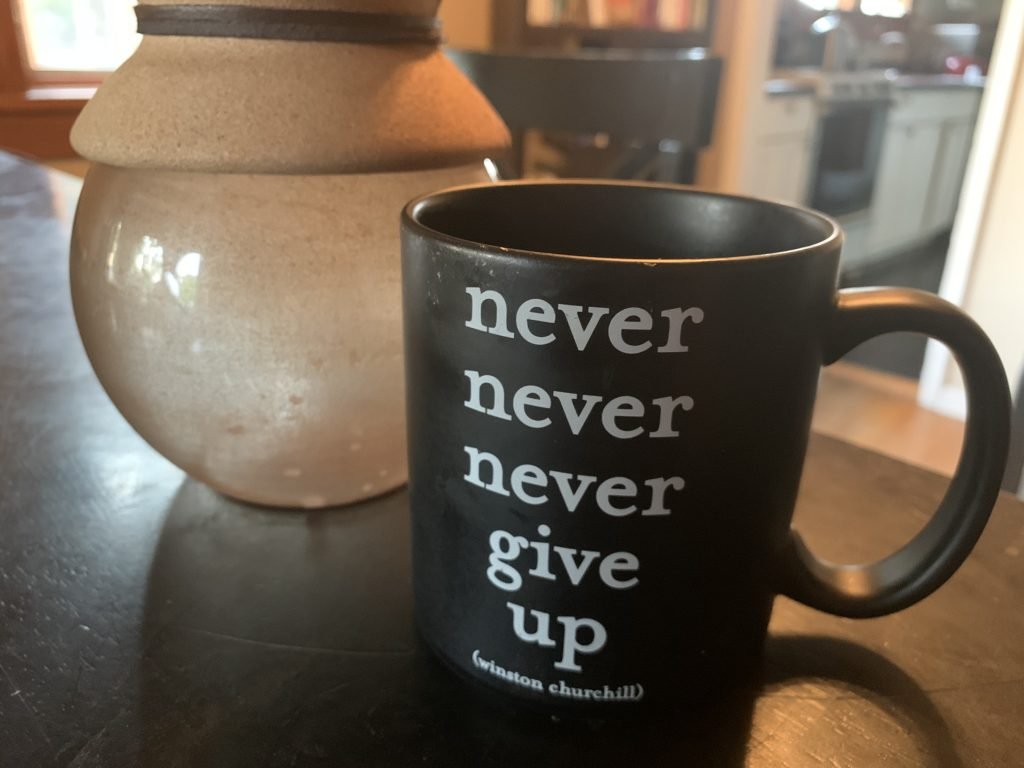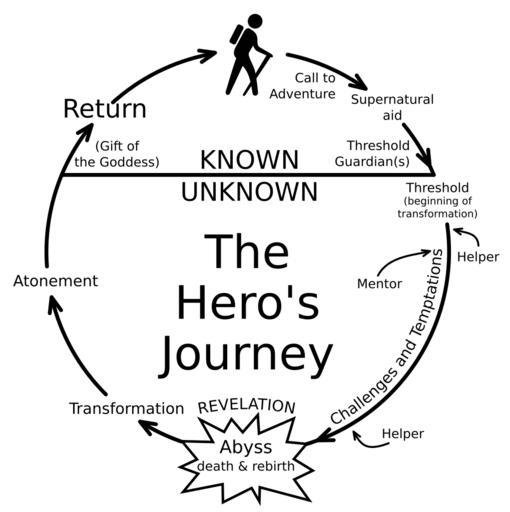Transformative Soul Care: From Discipline to Devotion
How do we engage in soul care that actually works? How do we take what is in our heart, mind, personality, and history and form it in a way that fosters wholeness and vitality?
While recently interviewing my dear friend, Lauren White, the topic of spiritual disciplines came up. My visceral response to those two words put together surprised me. Clearing space in my schedule, I sat with my response for a while before I began to write.
I often frame faith as a systemic struggle between spirits of power versus love. In this post, I focus on it at an individual level as I explore the art of soul care.
Thresholds to Adventure
Early on a quiet morning I love getting in my car and heading west. Living in Denver at the foot of the Rockies, going west means mountains. There’s nothing quite like standing at a trailhead as the sun peeks above the horizon. Just one more step and I cross over a threshold into another world.
I like to pause at the trailhead. The trees on either side of the path offer an entry point, a doorway to adventure. Over time, I have come to see all kinds of thresholds as entries into adventurous sacred spaces. The kinds of places the ancient celts called liminal. They are those parts of our world where heaven and earth seem to touch and you are never quite sure which one you are standing in. Sort of like that place on the beach where you find yourself simultaneously both on earth and in water.
Opening a book of poetry is a threshold. So is the door to a therapist’s office. The tunnel that leads into a symphony’s concert hall is a sacred pathway. As is the menu at a creative culinary establishment. While writing this, I became aware of another one, the rim of a favorite cup where locally roasted coffee made from fresh ground beans meets my tongue and sends tastebuds off dancing with delight.

Thresholds to Nowhere
At the same time, each of these potential thresholds to adventure can also be seen as mundane. The coffee cup can be nothing more than a caffeine delivery system. You can eat the most delicious foods without ever really tasting them. A night at the symphony can be just another evening out. I spent years paying therapists to listen as I rationalized my dysfunction. Poetry can be graphed and evaluated in terms of objectives as proposed by Dr. J. Evans Prichard, Ph.D. in Dead Poets Society.
My Threshold to Nowhere
The same can be true in the mountains. Five weeks ago I found myself training to run the Grand Canyon rim-to-rim-to-rim. A 46-mile trek from the south side to the north and back. This particular morning called for a 10-mile run. I decided to do it in Waterton Canyon, the gateway to the Colorado Trail.
As I drove to the trailhead something inside me whispered, “Why are you doing this?” The question caught me off guard. Two years ago I set the goal of running the canyon to celebrate my 46th birthday. Over the past 24-months, I never questioned the decision. Yet here, on my way to a beautiful and historic site, something in me dared to ask why.
I suppressed the voice, insisting it came from an undisciplined part of me. Instead of listening, I squelched it, ran my ten miles, and continued on with my day. Two days later, when I woke up early for a six-mile run, it returned. This time, it came with more of an argument.
“Did you notice how little of Waterton Canyon you saw the other day? How you just kept going as others paused to appreciate the natural beauty or maybe even some wild animals? All you remember seeing is the trail immediately in front of you and the mileage tracker on your phone. Are boasting rights and those pinpoint visual memories all you want from a trip to one of the world’s most captivating natural wonders?” I ran my 6-miles that morning, but not a mile since. Instead, I find myself purposefully delving into devotion over dedicating myself to discipline.
Discipline and Devotion
In religious circles, I think we often blur the lines between devotion and discipline. We even call practices originally crafted to nurture devotion spiritual disciplines. We focus on prayer, Bible study, or worship as something that shows up on our to-do list.It is an activity on our calendar. Sometimes we give it a more spiritual sounding title like lectio divina or contemplative prayer. But even then we often take something intended to be a threshold to an adventure with the divine and turn it into plotting the value of poetry on a graph. We might as well go to the symphony or arrive at a trailhead, post a location-based social media check-in, and leave.
Contrast this with observing the wind prompt ripples in a mountain lake before moving close to the waters edge and allowing that same wind to send ripples through your soul as it whispers ancient wisdom. See how different discipline is from soaking in the words of mystics like Francis of Assisi, Rumi, Teresa of Avila, Hafiz, and John of the Cross. The same devotion is experienced when you appreciate the complexity of flavors in a well-prepared meal, a finely crafted cocktail, or that coffee I brewed this morning.
With discipline, we focus on doing the activity, but with devotion, we allow the activity to do something to us. It is this distinction that allows devotion to show up unexpectedly amid our every day. When it does, it often hurls us off our well-worn course and makes a mockery of our schedule. It also explains why we so often choose discipline over devotion as a focus on discipline keeps us in control.
How Discipline Prevents Soul Care
Yet it is this need for control that prevents our attempts at soul care from actually attending to the cry of our souls. Our dedication to the power that comes with discipline prevents us from delving into the mysteries behind the challenges and temptations we experience.
To use the image of the Hero’s Journey, we hear the call to adventure and come to the threshold. But instead of heeding the voice from within that begs us to cross into the unknown, we mistake standing at the precipice as the adventure itself and turn back to normalcy with hollow tales of an untaken journey.

In the end, the spirit of power and control that drives discipline keeps us from following the hero’s path. Instead, we find ourselves fearing what we will find on the other side. Or maybe we know what is there, but the shame is so intense we are unable to face it. This is why a posture of devotion that longs to see the developing love of God at work is so essential to effective soul care.
Developing Love and Soul Care
First, developing love disempowers shame. In doing so, it gives the courage needed to face the fears that keep us from crossing thresholds. Second, developing love assures us that the relentless loving divine presence is always there. This means we are free to delve into the mysterious and often chaotic path of devotion. We can trust that despite the discomfort and uncertainty, God is there and working towards good. There is no question that, even from the abyss, the metaphorical belly of the whale, we join Jonah and Christ in crying out only to be brought up from the pit.
But when we return, we are not the same person who first crossed that threshold. Having stepped into the unknown and completed a cycle of the hero’s journey. We experience a new level of wholeness and vitality. We understand the love and growth that ultimately awaits on the other side of every threshold, if we only dare to enter.
My Journey of Devotion and Soul Care
While it is still underway, my shift from a life of discipline to devotion really began five years ago.There I sat in front of a blank word document on a computer screen. I was supposed to fill the page with the text of my doctoral dissertation on spiritual formation. Instead, I found myself with nothing to say. Sitting there I came to the hard realization that my decades of desperate attempts at discipline only drove spiritual deformation. Not sure what else to do, I dared to challenge the theology I spent years learning and then preaching.
That blank screen became the first of many thresholds I dared to cross. In the coming months, the way I thought about God descended into the abyss only to be transformed and reborn.
Are you are curious about taking your own hero’s journey? Do you want to step into a life of devotion? Let’s talk more, be it about moving forward through coaching or breathwork.
I look forward to connecting with you!


